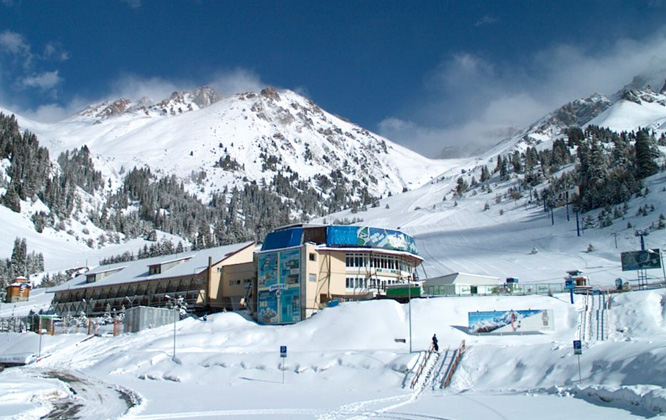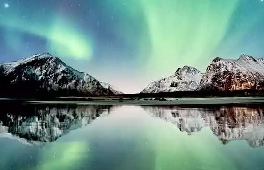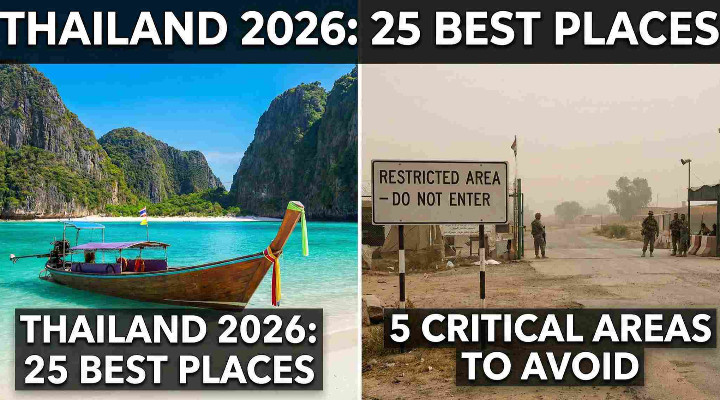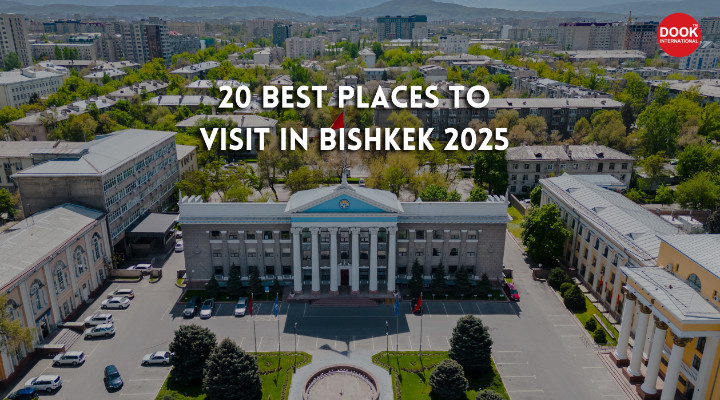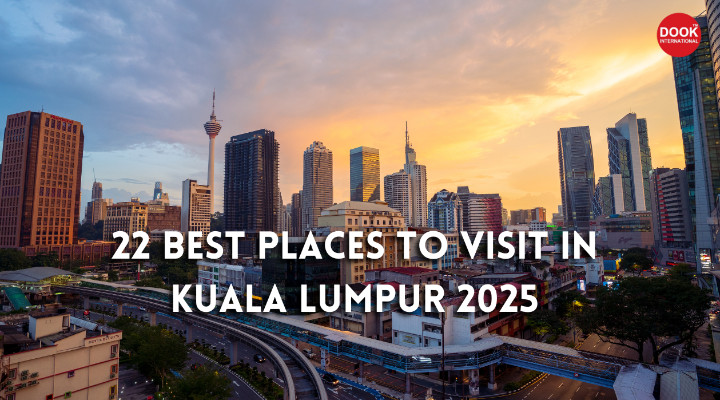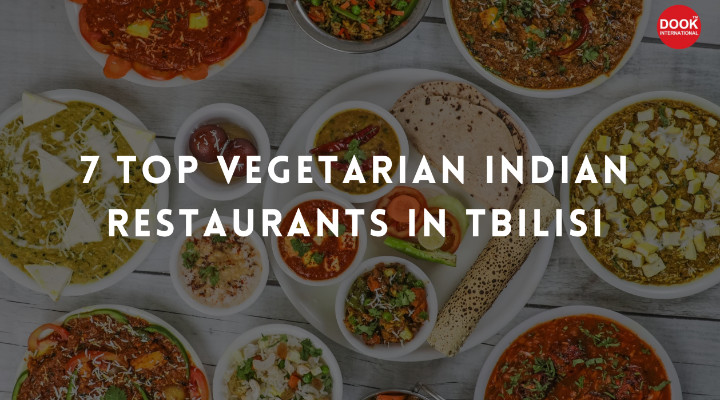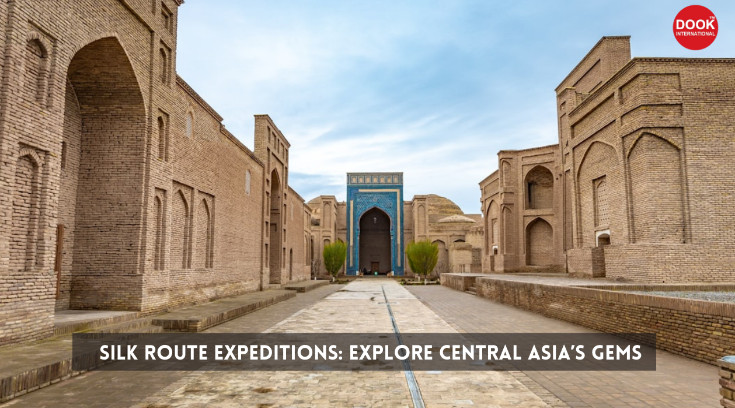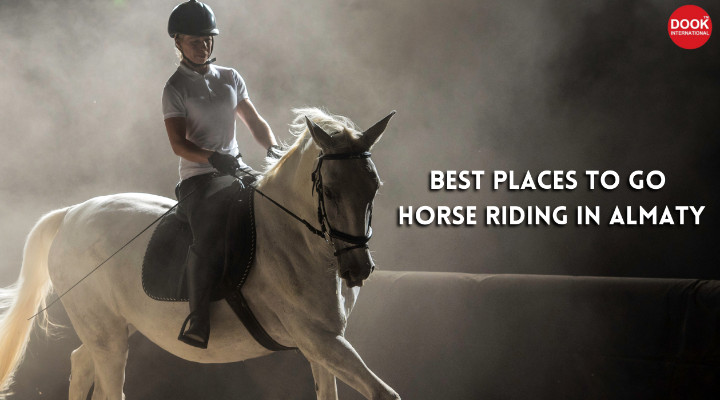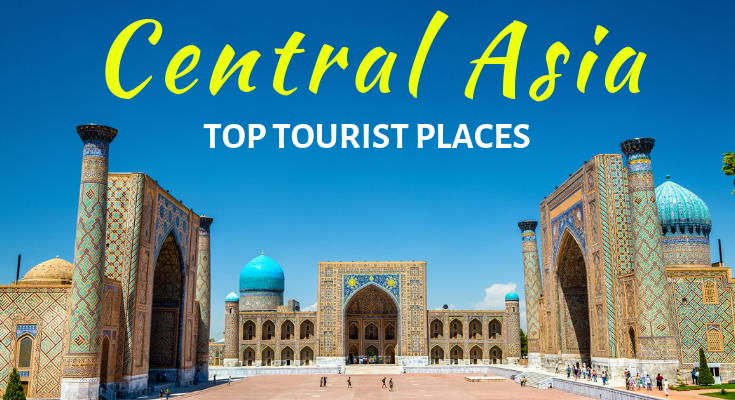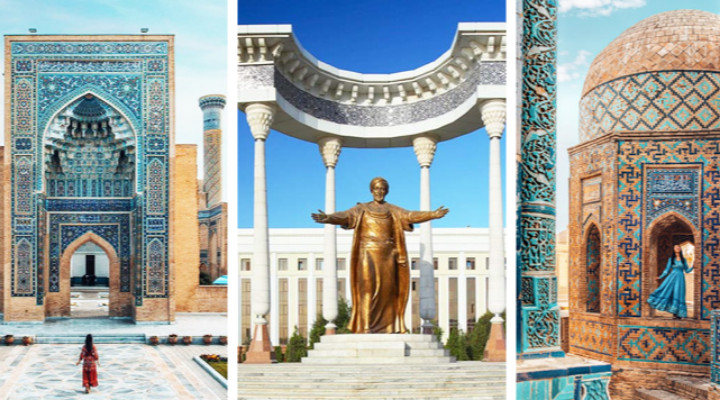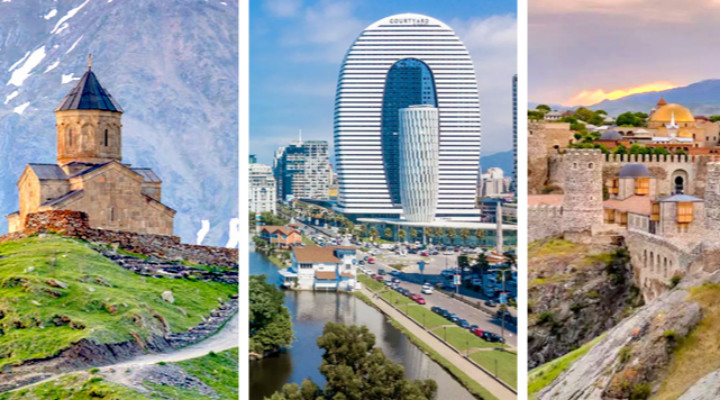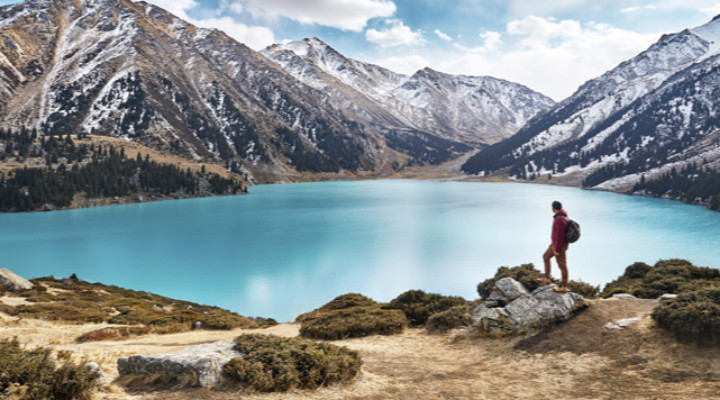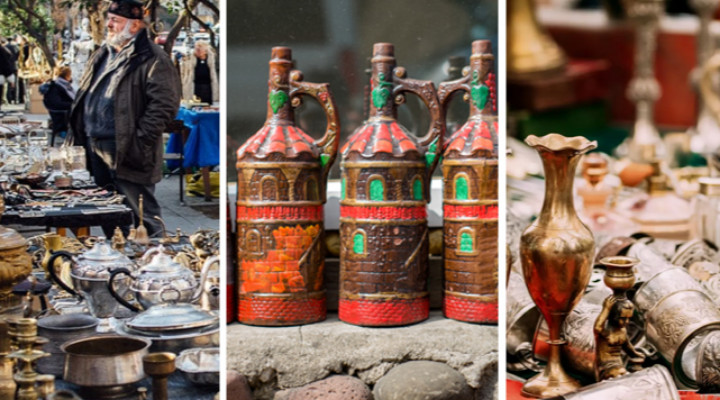Region of Central Asia which links key parts of Asia and Europe together has historically been centre stage because of its geographical position. This region for long has been used as crucial passage for army and later on for trade purposes too. Central Asia even before the Great Game began was of huge significance. This is why major powers in the world have tried to gain full or partial whichever possible control over Central Asia region.
Throughout the 19th century Central Asian countries was major interest land for Russia and Britain. It was a strong strategic move by both the countries to establish their power in the region. This effort by both the countries referred to as Classic Great Game ran from early 19th century to early 20th century. The term "The Great Game" is usually attributed to Arthur Conolly, an intelligence officer of the British East India Company's 6th Bengal Light Cavalry. It was introduced into mainstream consciousness by British novelist Rudyard Kipling in his novel Kim.
Central Asia played a major role between two great empires Russia and Britain in the 19th and early 20th century. Throughout the 19th century British empire feared that Russia's penetration in the Central Asian region would destroy their prowess in 'The jewel in the British colonial crown' India. British government was worried with the continuing march of Russia empire in Central Asia. After all they had spent one century to have complete control over India after they first came here for trade purpose in 17th century. India was one of the most profitable colony for Britain, so they wanted to do everything possible to retain the control here. With this objective British tried hard, unsuccessfully though, to move in westwards and to gain control to the region which in current time is Afghanistan. The repeated failure of the British forces for various factors made British mindful of Afghanistan for if they were to guard their treasured colony, India, they had to keep an eye on this westward region. And the reason why British feared, was the growing presence of Tsarist Russia in the region of Central Asia. At that time British was of the view that Tsar's troop would easily subdue central Asian weak Khanates of Bokhara, Khiva and Khokand. So the British firmly believed that Tsar's motive is to gain control over Central Asia and then move to Afghanistan to use it as a platform to invade into British Raj in India. So hard earned 'Jewel in the crown' India seemed possibly going to Russia from the British, fulled the idea of Great Game in motion.
Game began with the two giant empires separated by Central Asian region at the start of the 19thcentury. By now Russia had established itself as a major challenger to the British dominance in South and Central Asia. It allowed Russia to start moving eastwards, towards Central Asia, tailing off with Afghanistan at the end, and the prestigious Indian colony beyond that. Initially the game's scope was Russian's influence growing in Khanates. British worries were growing, so intelligence officers were sent to the region to chart the Russian progress. This led to the exposition of the Tsar’s intentions of taking definitive control of the region. This was chronicled by the famous letter from Arthur Connelly, wherein is the first known official reference to the ‘Great Game’.
In this process in 1838 the British launched the First Anglo-Afghan War and attempted to force a puppet regime on Afghanistan under Shuja Shah. The regime was short lived and proved unsustainable without British military support. By 1842, mobs were attacking the British on the streets of Kabul and the British garrison was forced to abandon the city due to constant civilian attacks. Afghan warriors killed almost all the troop of British which consisted Indians too. So British had to curb their ambition in Afghanistan. This first battle was surely going to lead to the Great Game going ahead. In the mean time Russians Kept advancing through Central Asia. On the other hand British faced a major revolution in 1857 in India which only crushed the hope of British to take any advantage in the Great Game. By 1865 Russia managed to formally annex Tashkent. Samarkand became part of the Russian Empire in 1868, and the independence of Bukhara was virtually stripped away in a peace treaty the same year. Russian control now extended as far as the northern bank of the Amu Darya river. By now British had the most viable option of keeping Afghanistan as buffer for preventing Russian invasion in India. Afghanistan though played hostile to Russia too. When Russia pushed towards Afghanistan, they failed because Afghanistan showed full resistance as Afghanistan was against any foreign supremacy in its land. If Russia had succeeded to get control in Afghanistan and then move to India, the Great Game might have ended. But it did not happen and it gave a new dimension to the Great Game. British now opted for more diplomatic practises with Afghanistan to keep Tsar at bay.
In 1878 Russia sent an uninvited diplomatic mission in Kabul. Britain demanded though that the ruler of Afghanistan, Sher Ali, at that time accept a British diplomatic mission. The mission was rejected, and in retaliation a force of 40,000 men was sent across the border by British, launching the Second Anglo-Afghan War. The war's conclusion left Abdur Rahman Khan on the throne, and he agreed to British control over Afghanistan's foreign affairs, while he consolidated his position on the throne. So by now British had taken complete control over Afghanistan's foreign affairs. Russia continued its expansion programme though. In 1884, Russian expansionism brought about another crisis – the Panjdeh Incident – when they seized the oasis of Merv. The Russians claimed all of the former ruler's territory and fought with Afghan troops over the oasis of Panjdeh. When the war was on its brink between the two great powers, the British decided to accept the Russian possession of territory north of the Amu Darya.
By the 1890s, the khanates of Khiva, Bukhara and Kokand had fallen and became Russian vassals. Central Asia was in the hands of Tsar now and the Great Game shifted eastward to China, Mongolia and Tibet. In 1904. The British invaded Lhasa. It was a pre-emptive move against Russian intrigues and secret meetings between the 13th Dalai Lama's envoy and Tsar Nicholas II. The Dalai Lama fled into exile to China and Mongolia. The British were greatly concerned at the prospect of a Russian invasion of the Crown colony of India. But it was not possible for Russia which was badly defeated by Japan in the Russo-Japanese war in 1904-1905 and weakened by its internal rebellion. So Russia could not realistically afford a military conflict against Britain by now. In 1907, Russia and Britain brokered the Anglo-Russian Agreement, ending the century long classical period of the Great Game.
This great tussle between Russia and Britain ran through the 19th century. While Britain was facing lot of revolutions and rebel in India it was making tougher for them to Keep India for long and finally in 1947 Britain had to leave India fully. Russia was weakened and broken too. Central Asia though remained a major interest for Russia, China and then America too at later stage. So there is so called New Great Game also taking place in Central Asia of which now India is also a key player about which we will talk sometime later.





